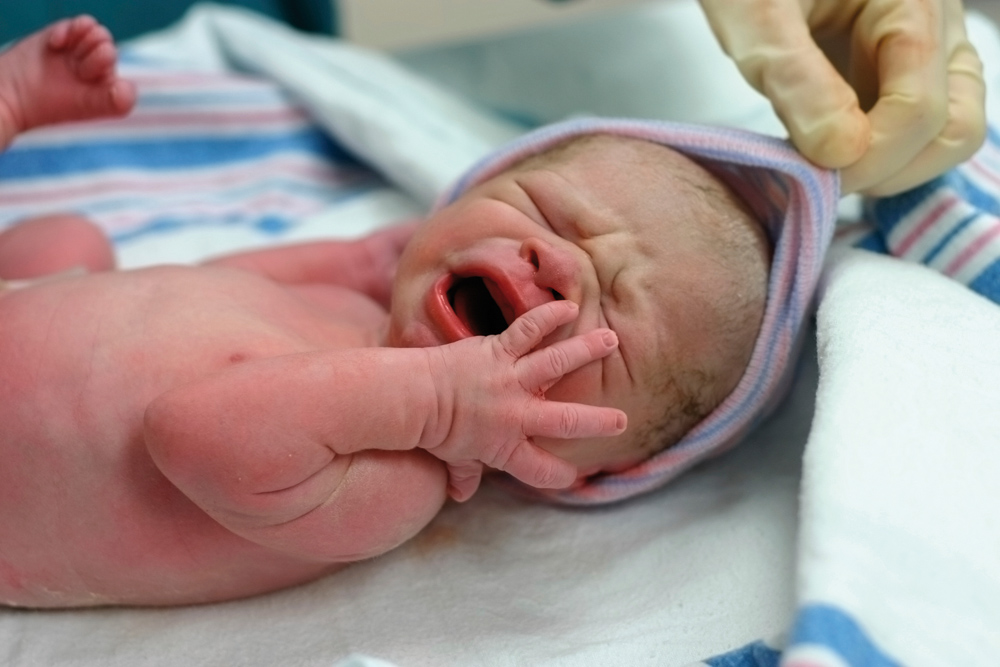Household Bills
The hidden tax bill a new partner could bring

Guest Author:
Emma LunnThe high income child benefit charge is under the spotlight again.
Insurer NFU Mutual has warned newly cohabiting couples, where either partner has a child, to be aware of the tax implications if one partner earns more than £50,000.
If an individual or their partner receives child benefit and one of them has income of more than £50,000 a year, the high income child benefit tax charge applies. It claws back a proportion of the child benefit, rising to the full amount if the person’s income is more than £60,000.
The rule applies even if the high earning partner is not a parent of the children.
Sean McCann, chartered financial planner at NFU Mutual, said: “This little-known quirk is probably the last thing on anyone’s mind when they move in with a new partner.
“If you have a higher income than your partner and it exceeds £50,000 the onus is on you to tell HMRC and pay the tax bill. For some this runs into thousands of pounds.”

Why Life Insurance Still Matters – Even During a Cost-of-Living Crisis
Sponsored by Post Office
HMRC define ‘partner’ as someone you’re married to, in a civil partnership with, or living with as if you were.
The high income child benefit charge has been criticised as unfair as it concentrates on the higher earner’s income, rather than the combined income of a couple.
For example, if one family has a sole earner on £60,000 and a non-working parent, they will be required to repay all of their child benefit. That is £2,500 a year for a family with three children.
Another family with two working parents earning £50,000, adding up to a household income of £100,000, are not required to repay any child benefit and will receive the full £2,500 if they have three children.
The tax charge came under the spotlight earlier this week when the Office of Tax Simplification called on the government to re-think the policy.
Parents can opt out of receiving child benefit to avoid having to claim then repay the money. However, an advantage of child benefit that should not be ignored is that – until the child is 12 - it qualifies the stay-at-home parent for National Insurance credits which count towards the State Pension entitlement.
One way to save your family money and the risk of this charge is to pay more into your pension pot.